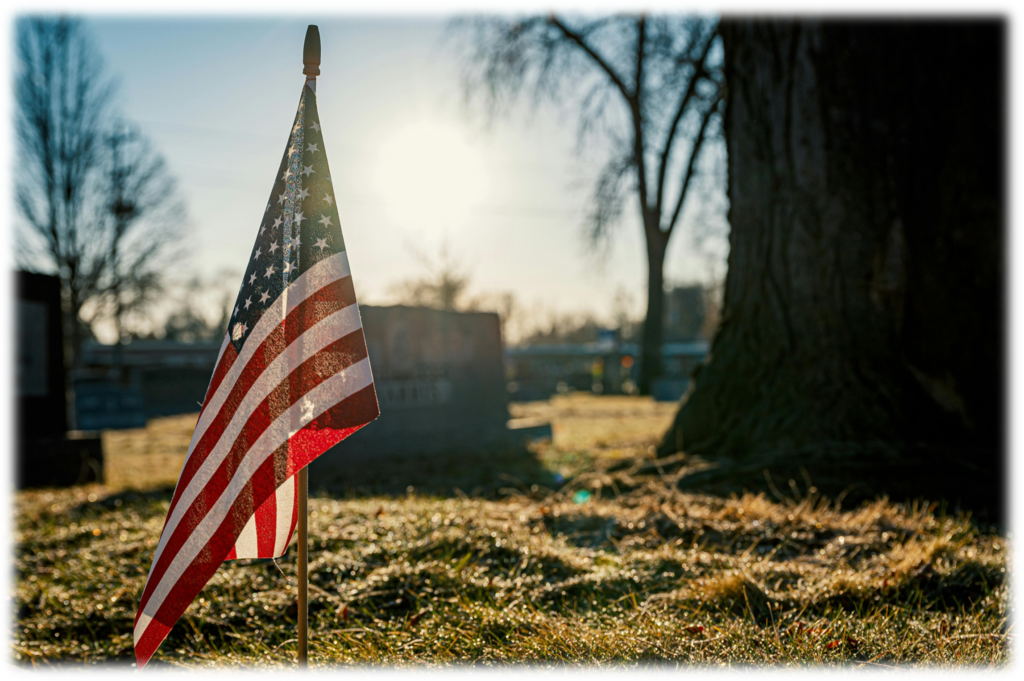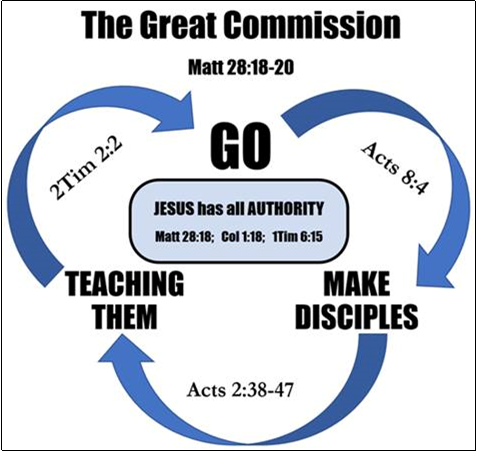“The Significance of Memorial” by Andrew Ellis

As many of us know, this is Memorial Day weekend. Memorial Day is a federal holiday observed on the 4th Monday in May. This is a day set aside to honor those who lost their lives while serving in the United States military service. Along with honoring those who made the ultimate sacrifice while serving this country, other planned activities exist. People will attend cookouts, family functions, ball games, visit gravesites of loved ones, attend parades, and many other activities. For many, it is an extended weekend.
While the above information is common knowledge, it is a reminder of what occurs this weekend. As Christians, we set aside time during our worship services for a memorial. We gather around the table every Sunday and partake of the Lord’s Supper. During this time, we remember Jesus Christ’s sacrifice on the cross at Calvary. He died on the cross so that we all might have a hope of eternal life. In 1 Corinthians 11:23-29, we see the Lord’s Supper being instituted by Jesus himself. We see Jesus breaking bread, and He said the bread represents His body (v. 24). Then in the same way, took the cup and said it represents His blood (v. 25). Let’s focus on verses 27-29. It says, “Whoever, therefore, eats the bread or drinks the cup of the Lord in an unworthy manner will be guilty concerning the body and blood of the Lord. Let a person examine himself, then, and so eat of the bread and drink of the cup. For anyone who eats and drinks without discerning the body eats and drinks judgment on himself.” These last few verses of chapter 11 emphasizes the importance of taking the Lord’s Supper. We see the importance of partaking in a worthy manner by seeing the severity of taking it in an unworthy manner. While the Lord’s Supper is a memorial we participate in on the first day of each week, let us not lose sight of the importance of it.
This weekend can be busy for many individuals. With so many arrangements and potential traveling, it can be stressful. We need to remember to set aside time and honor those who made the ultimate sacrifice while serving this country. It is a blessing to live in this country. It is an even bigger blessing that through Jesus, we have a hope of eternal life. Let us not lose sight of that significance.










